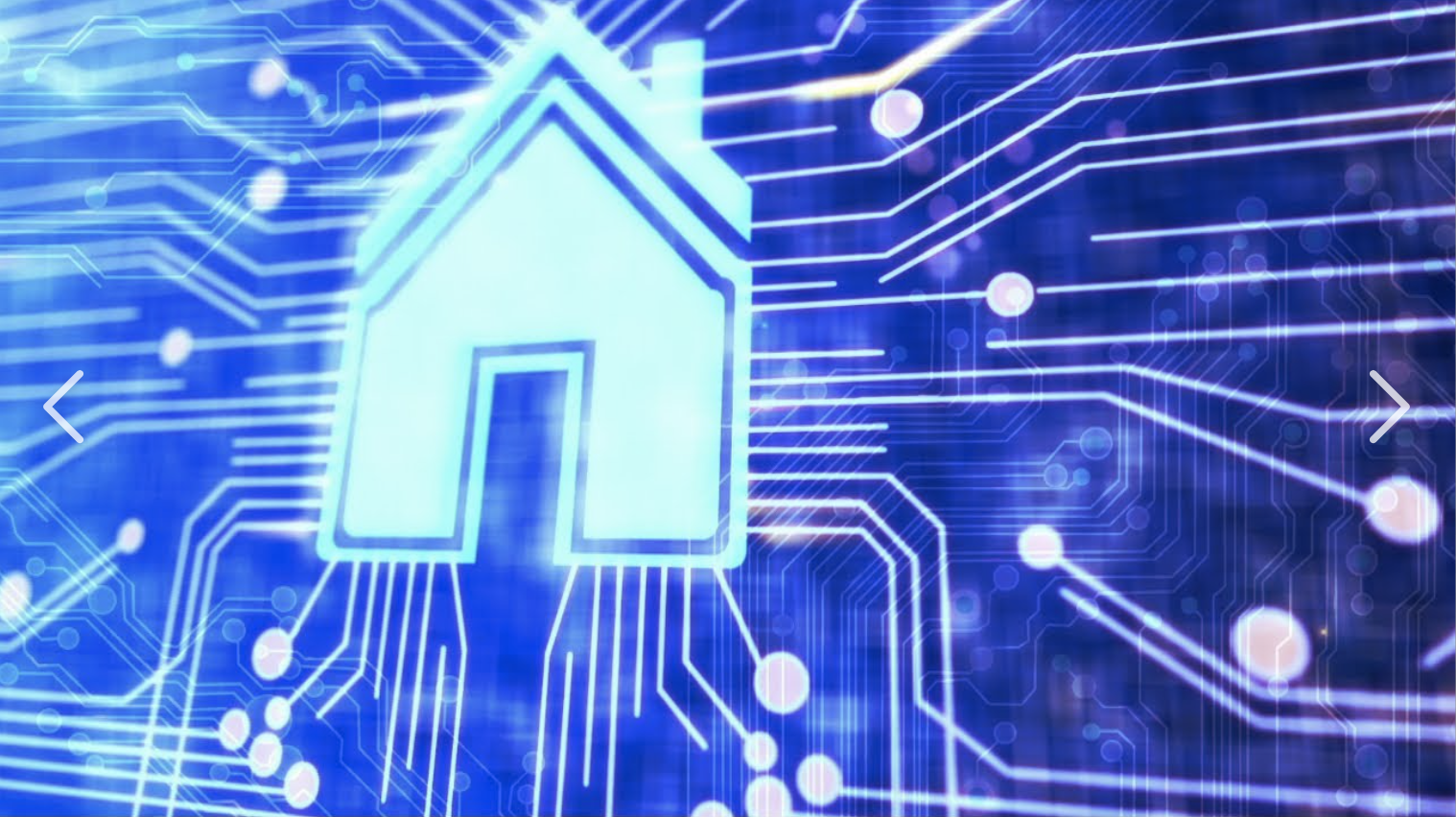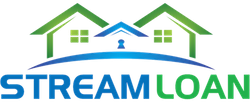
Among speculation centered on long-term worries about the effects of COVID-19 shutdowns on the future of the United States economy, the Federal Reserve has committed to keeping interest rates low to encourage borrowing and stimulate the economy. Compared to last year (2019), mortgage rates are already remarkably lower, reaching below 3.3% for a conventional 30-year fixed mortgage. What does this mean for the mortgage industry and how can the average borrower actually benefit off of these record low mortgage rates?
If you are in the market for a new home, at its most direct conclusion, lower interest rates mean that you will be able to lock in low interest rates and lower monthly payments for your home. It also means that lower mortgage rates may empower you to be able to keep your eye on and afford more expensive homes that might’ve been just outside your reach before, for the same amount of money. For the many already with mortgages, refinancing is an excellent method to look into to substantially improve your finances in one singular personal consumer financial action. Refinancing your mortgage is something to certainly consider when mortgage rates are 0.5 percent to 0.75 percent lower than the rate you’re already paying. Keep in mind, it of course depends on the lender, other related fees, and specifics of each deal. If the rates you can lock in are an entire percent lower than your current rates, refinancing would almost unquestionably make a prominent difference in your finances. This could be to the point of potentially saving tens of thousands of dollars, depending on the size of the mortgage, and if you plan to stay in your home for many years to come. If you were locked in a mortgage years ago, lowering from the 5 to 7 percent mortgage rate range to the 3 to 4 percent range can dramatically drop monthly payments on your mortgage and make a noticeable difference over time. However, if you aren’t planning to keep your home for more than five years, it’s worth noting that it’s important to analyze and calculate whether closing costs might offset the possible benefits of refinancing. Refinancing is surely something to consider in order to take advantage of these historically low mortgage rates. Largely driven by this lower rate environment, mortgage demands are surging with lenders regularly reporting new increases in refinance volumes. There are many available online tools to help you calculate your specific mortgage scenarios, without having to leave the comfort of your home, such as Realtor.com, Bankrate, NerdWallet, and StreamLoan.
While the straight refinance can help lower your payment, the cash-out refinance can bring liquidity to you for home improvement projects or other life needs. In the wake of low interest rates, this next opportunity is to take out a home equity loan, or home equity line of credit (HELOC), to make home improvements with the intent of adding home value or for personal enjoyment. A home equity line of credit can also be utilized to go through with renovations that you’ve been waiting for the perfect opportunity to complete, such as that 3-car garage, solar panels, electric car charging station, or upgraded bathrooms and kitchens. You might be thinking about what other specific kinds of improvements tend to add value to homes. Consider first basic forms of home maintenance which ensure that your home is in good condition compared to those in your neighborhood. If your home is not to standard compared to homes nearby, this can end up hurting and diminishing the value of your home. It is best to take care of this before contemplating larger projects. Another option for homeowners to add possible value to their homes is by renovating kitchens and bathrooms. Kitchens are considered to be an important point to homebuyers, and keeping it in top-notch condition can transform the feeling of an entire home. 80% of homebuyers considered kitchens to be a top three important space. Bathrooms also are an important point of consideration to homebuyers, and dated bathrooms can likely reveal the age of a home. The national average for return on investment (ROI) on a minor kitchen remodel stood at 81.1 percent in 2018. The average cost was $21,198 and the average return was $17,193. For bathroom renovation projects, average return on investment stands at about 60 percent. One last home improvement to consider that typically adds value to homes would be to add square footage. This is not a renovation suitable for every home, and it must comply with code and permit necessities, but it is a great way to potentially add value. Generally, if the neighborhood price for the square-per-foot market price is higher than your cost to add the square footage, then potential ROI could be great. If you are using the loan with the sole purpose of adding value to your home, make sure that the improvements you are doing actually do add value. Even if you don’t receive a 100 percent monetary return on your investments, the personal satisfaction from these upgrades often adds invaluable enjoyment and peace of mind. If you have been putting off or have been contemplating certain home improvements for a while now, then it would be a perfect opportunity to do so this summer.
In addition, be careful to only take out a home equity loan if you have lots of equity to tap into so you don’t wipe out what you do have. For more information, use resources like LendingTree or NerdWallet to compare home equity loan rates and quotes from top lenders. Homeownership is valuable and can potentially be a huge singular wealth-builder. For homeowners, the average net worth was $1,034,200 in 2016, while for renters it was only $91,100, according to the Federal Reserve’s Survey of Consumer Finances. The utility of owning a home is valid for many reasons, such as the typical appreciation of a home as a long-term investment with annual appreciation rates from 3 to 5 percent for the past decades. This appreciation creates home equity that can increase the net worth of your family. It’s incredibly important to protect this home equity and to be wise about your financial decisions to protect this wealth.
With global social and economic uncertainties on the rise, low interest rates are a great way for people to find actionable ways to benefit, even in today’s turbulent economic conditions. As daunting as the COVID-19 era may seem, it’s valuable to stay informed to make important determinations for your financial well-being. Make sure you’re also taking advantage of the recent advances in digital mortgage resources so you have all the necessary information at your fingertips to make sound financial decisions. Notedly, these interest rates may not stay this low for long, so it’s important that you take the time when you can to find out more so you can lock in these record low interest rates and take advantage of the opportunities that they present.


